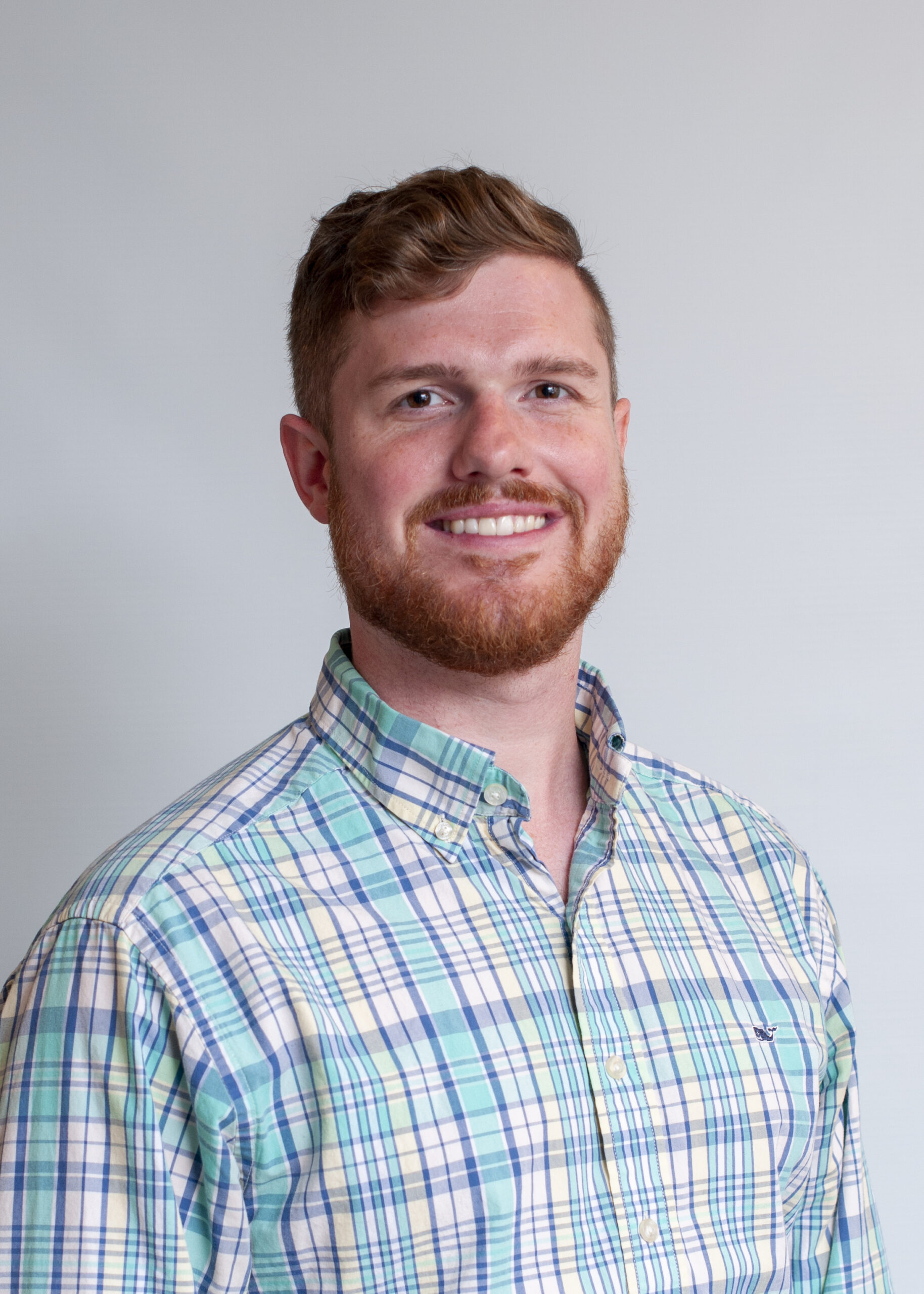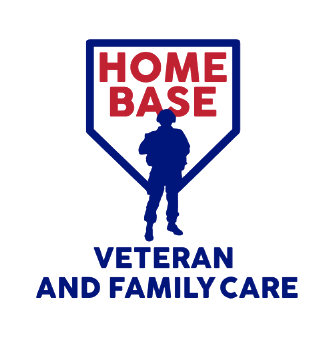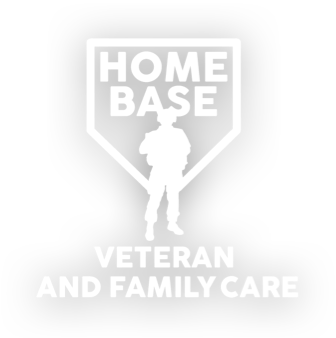Mental Health: Recovery Support and Connection During COVID-19
During these uncertain times, being inside and physically distanced from those that support us can be challenging, especially for those in recovery, or for those attempting to enter recovery after periods of struggling with substances. Social support and connection to a recovery community can be incredibly important for those considering changing use, those in early recovery, and even those in long-term recovery.
Thankfully, all of the major recovery communities have increased their use of online platforms to ensure a virtual space for recovery support and connection. Programs like Alcoholics Anonymous (AA), Narcotics Anonymous (NA), SMART Recovery, Recovery Dharma, and Refuge Recovery all have established online meetings to attend and gain not only support, but tangible skills for navigating this time.
Resources for Recovery Support and (Virtual) Connection
Home Base Telehealth (Massachusetts)
Home Base’s Outpatient Telehealth Program offers support and clinical care to Veterans, Service Members and Military Family Members impacted by substance use. Additionally, members of Home Base’s social work team are also trained in CRAFT – Community Reinforcement and Family Training – a model of therapy that assists those who are struggling with a loved one’s substance use.
Alcoholics Anonymous (AA) Virtual Meetings
Call in to the meeting on Tuesdays at 7:30pm EST at 978-990-5000 and enter PIN: 426546
Narcotics Anonymous (NA) Virtual Meetings
Meetings are available every day of the week
SMART Recovery
Self-Management And Recovery Training (SMART) is a global community of mutual-support groups. At meetings, participants help one another resolve problems with any addiction (to drugs or alcohol or to activities such as gambling or over-eating).
Recovery Dharma
Recovery Dharma uses meditation and support to help foster a path to sobriety and peace. Recovery Dharma Online organizes daily meetings accessible via computer, smartphone, or dial-in.
Refuge Recovery
Refuge Recovery seeks to support all those seeking recovery from addiction by building an extensive and comprehensive network based on the
Substance Abuse and Mental Health Services (SAMHSA)
For additional online recovery resources for education and support, please visit the Substance Abuse and Mental Health Services Administration site.
Recovery support can come from those who are not in recovery, too. If you’re feeling an intense craving with additional time on your hands around the house, reach out to a friend, a loved one, that old battle buddy you haven’t spoken to in ages – send them a text, give them a call, FaceTime them.
This can be for the purpose of disclosing the craving, if they’re someone you feel comfortable speaking to about recovery, or it can be a nice distraction to ride the craving out. Physical distancing does not have to equal social isolation, so utilize the supports you have, and perhaps create some new ones by attending an online recovery meeting.
If you or a loved one is struggling with addiction, don’t hesitate to reach out for help. Our Home Base staff, to include Matt, are available to provide support and care to Veterans, Service Members and Military Family Members. Please call our clinic at (617) 724-5202 or fill out our Connect To Care form here.
 Matt Snyder is a clinical social worker at Home Base working primarily in the outpatient clinic and the SOAR (Skills-Based Outpatient Addiction and Recovery) Program – an intensive recovery initiative for veterans facing substance use and co-occurring mental health conditions. Matt’s interests in social work revolve around clinical mental health counseling and policy advocacy, especially in populations impacted by substance use disorders with particular focus on the impact of language and stigma.
Matt Snyder is a clinical social worker at Home Base working primarily in the outpatient clinic and the SOAR (Skills-Based Outpatient Addiction and Recovery) Program – an intensive recovery initiative for veterans facing substance use and co-occurring mental health conditions. Matt’s interests in social work revolve around clinical mental health counseling and policy advocacy, especially in populations impacted by substance use disorders with particular focus on the impact of language and stigma.


 Home Base
Home Base